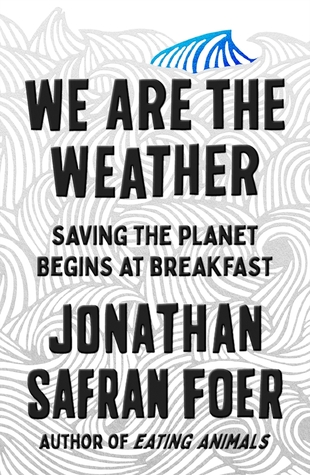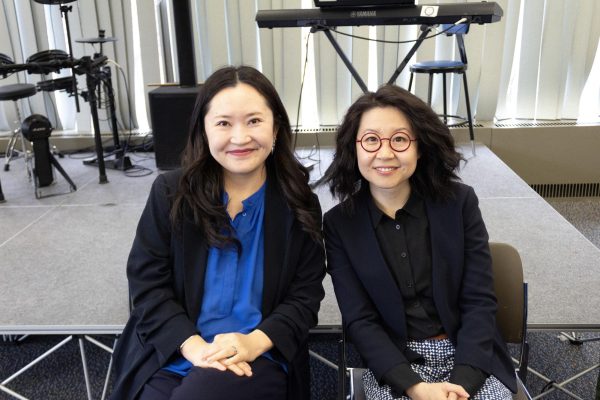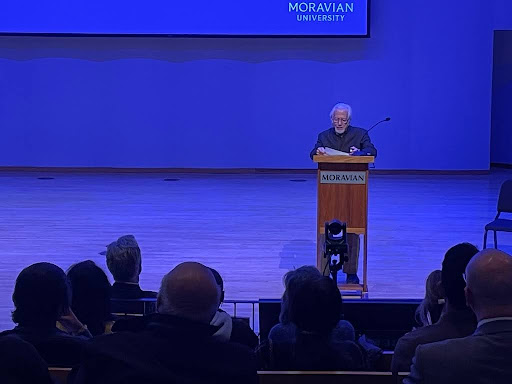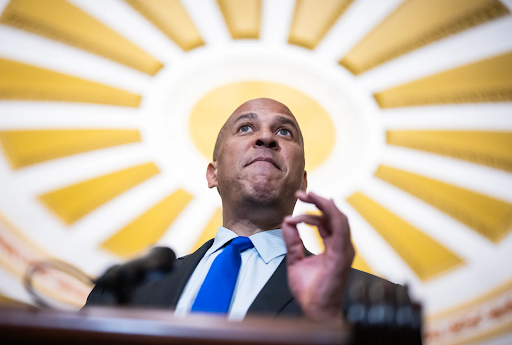Jonathan Safran Foer Advocates a Mostly Vegan Diet to Save a Warming Planet

The cover of Foer’s book that was the focus of this year’s InFocus seminar; Photo Courtesy of: goodreads.com
Every year, Moravian College’s InFocus program challenges students to engage in important discourse about one of the biggest issues facing humanity. This program’s focus this year is on sustainability.
Along with events and classroom lesson plans that incorporate the yearly theme, freshmen students are required to read a designated book before the start of the semester. The book that was paired with this year’s sustainability theme is author Jonathan Safran Foer’s latest work on the connection between climate change and diet, We Are the Weather.
Foer is a bestselling author of the novels Everything Is Illuminated and Extremely Loud & Incredibly Close, both of which have been adapted into films.
Foer talked about the themes in We are the Weather on September 3rd at an InFocus webinar that was attended by over 400 Moravian students, professors, and staff.
If we want to combat climate change, Foer argued that each of us can have the biggest impact by making four specific changes: Fly less, drive less, have fewer children, and eat a plant-based diet.
The majority of flights are business-related and cannot be avoided, Foer said. But we can limit flights for recreational purposes.
And while driving is most people’s only viable option to getting around or going to work, we can carpool, bike to nearby destinations, and drive electric cars.
Having fewer children comes down to personal preference, Foer said.
Of the four steps, the one Foer argues is most attainable is adopting a plant-based diet. It is also the only one that addresses our methane and nitrous oxide emissions.
Foer made it clear, however, that we do not have to go fully vegan or even fully vegetarian. He merely suggests that we eat less meat.
It is a scientific fact that we must consume fewer animal products in order to significantly cut down on human-created climate change.
Foer acknowledged that those who have attempted to go vegan or vegetarians don’t always succeed. Committed vegans and vegetarians haven’t inspired them either, sometimes guilting them for their lack of commitment.
Given that, Foer believes that moderation — not exclusion — is a more realistic strategy: go vegan for breakfast and lunch; reserve meat for dinner. Or, at the very least, try to eat less meat.
A lively question-and-answer period followed Foer’s talk, which allowed students to have a couple of minutes of intimate questioning as he was able to visit various dorms virtually.
One student asked Foer about why it is so hard for people to accept the reality of climate change.
Foer explained that it gets harder and harder for people to care about things the farther away they are from them. Because climate change feels so far away, despite its urgency, he said, so many people brush it off more easily than other issues. We have to make climate change feel “closer,” he said.
Another student expressed their feelings of powerlessness against the gargantuan issue that is climate change. Foer was quick to point out that young people are some of the most powerful forces of change on the planet. He also emphasized voting for leaders who will create positive systemic change, saying voting is even more important than the aforementioned four most important actions an individual can take to help the environment.
At another point, Foer urged students to withdraw their money from destructive corporations and give to corporations with morals and causes we believe in. We should not invest in companies that are actively hurting the planet.
He suggested that we can create positive change on campus by urging the dining staff to offer more vegan and vegetarian options instead of the mostly meat-centric dishes we are used to seeing. This will make it easier for people to make healthier decisions, for themselves and the planet.
Megan O’Brien, a freshman biology major, attended the webinar and found it informative and inspiring. “It was nice to see somebody actually care about the environment,” she said. “It’s one thing to say you want the climate change crisis to be fixed but he actually wants to do it and is actively involved. He doesn’t want climate change to be a partisan issue. He wants it to be a full-force movement.”






